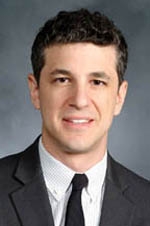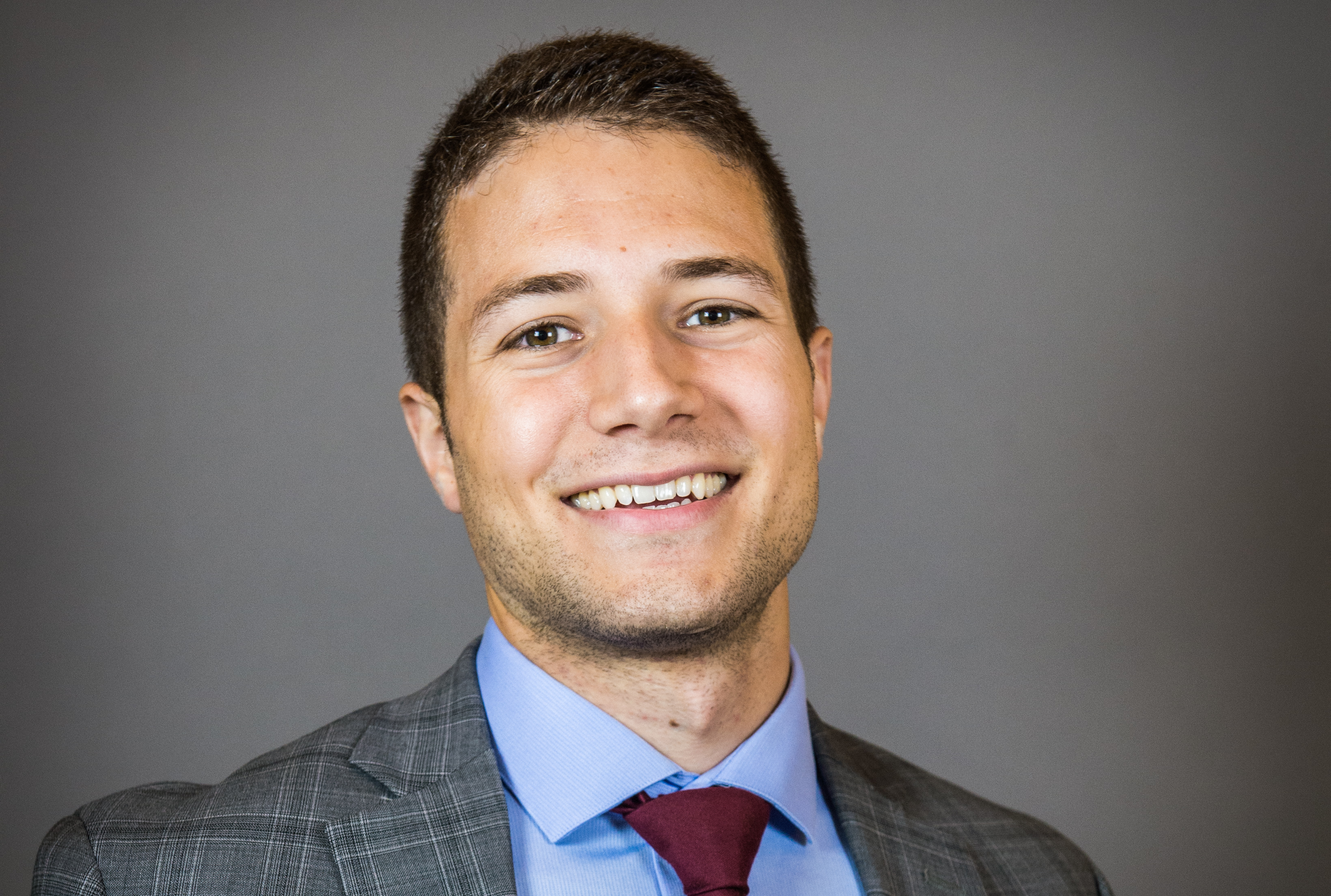Patients need to understand their medical conditions in order for them to take an active role in their health care, experts say.
Asking their doctors questions is a key — but frequently challenging — part of this process, according to a recent Journal of the American Medical Association article.

Dr. Matthew Press
"The barriers that prevent patients and physicians from meaningful question-and-answer exchanges are substantial. Simply encouraging patients to ask questions and providing examples are not enough," say the authors of a Viewpoint article published in the journal's June 12 issue. Dr. Matthew J. Press, the Nanette Laitman Clinical Scholar in Public Health/Quality of Care Research, assistant professor of public health and medicine at Weill Cornell Medical College, and assistant attending physician at NewYork-Presbyterian Hospital, is the article's senior author. The lead author is Timothy J. Judson, a medical student at Weill Cornell Medical College. The other author is Dr. Allan S. Detsky of the University of Toronto, Canada.
"The strange surroundings, unfamiliar faces, long waits and feelings of anxiety, intimidation, pain and vulnerability all contribute to a phenomenon that can be labeled 'white-coat silence' — a reluctance to vocalize questions to physicians," the authors say. "This term is analogous to 'white-coat hypertension,' a phenomenon in which patients have a transient elevation in blood pressure when a physician is present."
The paper also notes that, although the U.S. Agency for Healthcare Research & Quality and the Joint Commission have suggested questions for patients to ask during appointments, many remain silent because they fear being labeled difficult if the doctor resents their questions or if they take up too much of the doctor's time. Additionally, "Even if patients know what questions to ask and fear no consequences, they may be unable to interpret the answers, especially when medical jargon is used," the authors say. From the physician's perspective, "encouraging patients to ask questions, providing adequate answers and ensuring comprehension requires time — a fixed resource that is already in short supply for many physicians," the authors say. "In addition, certain questions will be new territory for some physicians and may provoke anxiety, particularly if they feel their competence is challenged or if they are embarrassed by the answer."
"Some physicians might have the time, skills, and resources to engage in discussions with patients and be proactive about answering their questions," Dr. Press says. "But many likely do not. Many physicians may be unaware that a patient's silence during an office visit or hospitalization means that they do not understand aspects of their care and are holding back their questions."
The authors offer several solutions. "For example, use of the teach-back method, in which physicians ask patients to repeat key points of a discussion, could help ensure patient comprehension," they note. They could also learn how to obtain and use data that they would need to answer questions about probability and risk reduction. In terms of system improvement, team-based models of care, such as the Patient-Centered Medical Home, as well as payment reform, also may improve efficiency in delivering care and allow more time for discussion between patients and their physicians.
"However, the broader issue with patient engagement is not just how to improve the question-and-answer session, but how to fix the patient experience," the authors write. "Encouraging patients to ask questions is a start, but needs to be part of a more fundamental re-engineering of health care toward a patient-centered experience in which white coats provoke more open dialogue and less apprehensive silence."
"We believe that real progress will happen only when health care systems change and create a completely patient-centered experience," Dr. Press says.

